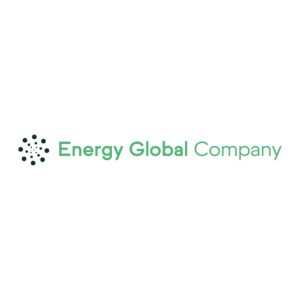
Proposed Fee Restructure for Victorian Energy Upgrades Program
(Submissions open until 26 April 2023)

- an increase in the cost for registering/creating an energy efficiency certificate from $1 to $2.33 per certificate, and
- a new charge on retailers to lodge their annual energy acquisition statement of $3,122.
Submissions on the proposed fee structures are due 26 April 2023.
Context
Established in 2007 under the Victorian Energy Efficiency Target Act (VEET Act), the VEU Program’s objective is to encourage businesses and households to undertake voluntary energy efficiency upgrades. Private businesses offer these upgrades and create certificates that they sell to energy retailers, who must obtain and surrender a set number of certificates each year.
A combination of fees and discretionary government budget allocations currently covers the ESC’s costs to administer the program. However, recent amendments to the VEET Act and the introduction of the VEU Code of Conduct in 2022 have increased the ESC’s expected costs from $16.2 million in 2023-24 to $19.4 million in 2025-26.
Proposed fee structures under consideration
On 28 March 2023, Engage Victoria released a Regulatory Impact Statement (RIS) on behalf of the ESC proposing a new fee structure to fund the ESC’s administration and regulation of the VEU program. The proposed fee structure would take effect from 1 July 2023, though this start date open for consultation, and with some fee elements relating to accreditation to be phased in over 12 months.
The ESC is considering three different cost recovery options, with Option 2 preferred. This option manages the impact of fee increases on smaller Accredited Participants (APs) and increases certificate fees to achieve full cost recovery.
- Activity-Based Costing: allocates the incremental costs of providing each ESC service and an annual fee that recovers fixed costs. This is the most cost-reflective option.
- Discounted fixed fees (ESC-preferred option): manages the impact of fee increases on smaller and then increases certificate fees to offset this and achieve full cost recovery.
- Fee waivers for small Accredited Participants (APs): costs would be allocated in the same manner as per option 1, with the addition of fee waivers for small APs (those generating less than 7,600 certificates per year) for certain up-front fees. This results in higher certificate fees for all APs.
The impact of the preferred option on energy retailers
Option 2 includes an increase in the certificate creation/registration fee from $1 (for registration) to $2.33 (for creation) per certificate and a new fee to lodge an energy acquisition statement of $3,122 (note this fee is proposed under all three options).
There will also be new fees for APs, including:
- an increased accreditation application fee, and
- fees for activities relating to annual reaccreditation, project-based activity impact reports, product applications, and variation of accreditation conditions.
- a new $2,000 fee for certificate traders to open an account to hold and trade Victorian Energy Efficiency Certificates (certificates) will also apply, but this fee would not apply to APs or energy retailers.
The lower upfront fees proposed under Option 2, compared to Options 1 and 3, avoids excluding small APs by setting most fees at between $500 and $3,000 (except for the lodging of an energy acquisition statement, which is a fee to retailers). This reduces barriers to entry for APs with limited ability to pay, thus increasing competition and innovation.
However, option 2 has a higher fee for certificate creation to achieve full cost recovery, meaning that large APs subsidise smaller APs due to the greater reliance on certificate fees for cost recovery.
Whichever option is confirmed, the overall increased cost in administering the VEU program is likely to flow through to the cost of Victorian Energy Efficiency Certificates.
Engage in the process
Engage Victoria is accepting submissions on the proposed VEU Program fee options until 26 April 2023. More information and submissions can be made here.
Need help engaging in regulatory reforms
If you need any help preparing a submission or understanding what this proposed change or other regulatory reforms mean for your business, please contact Hannah Heath about our Regulatory Monitoring Service.

